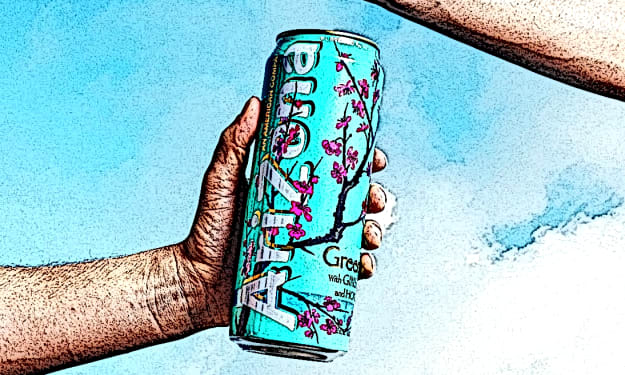
“The headline is the ‘advertisement’ for the article. It is the ‘teaser.’ It is the first thing that a reader sees, and it can make all the difference in whether or not they decide to click and keep reading.” — Unknown
As writers, we all know the importance of crafting compelling headlines. After all, the headline is often the first thing that a reader sees, and it can make all the difference in whether or not they decide to click and keep reading.
But have you ever noticed that certain types of headlines seem to be more effective at grabbing attention than others? Words like “explosion” or “get rich” seem to have a particular power to draw in readers, and for good reason. In this article, I’ll explain why these types of sensational headlines are so effective, and give you some tips for writing headlines that will get your writing noticed.
The Science Behind Sensational Headlines
So, why do headlines with words like “explosion” or “get rich” tend to attract more readers? It all comes down to the way our brains are wired.
When we see a headline that contains words that are emotionally charged or that tap into our primal instincts, our brains are more likely to take notice. Words like “explosion” and “get rich” are both loaded with emotional and primal connotations that grab our attention and pique our curiosity.
But it’s not just the words themselves that make these types of headlines so effective. It’s also the way that they’re used. Sensational headlines tend to be written in a way that is designed to create a sense of urgency or excitement. For example, a headline like “Get Rich Quick: The Ultimate Guide to Financial Freedom” is designed to appeal to our desire for financial security and success, while a headline like “Explosion at Chemical Plant: Residents Evacuated” creates a sense of danger and drama that we can’t help but be drawn in by.
Tips for Writing Effective Headlines
Now that we understand the science behind sensational headlines, let’s talk about how you can use this knowledge to your advantage as a writer. Here are some tips for writing effective headlines that will get your writing noticed:
- Use emotional or primal words: As we’ve discussed, words like “explosion” and “get rich” are powerful because they tap into our emotions and primal instincts. When writing headlines, try to incorporate words that will create a similar emotional response in your readers. Some examples might include “secret,” “amazing,” “miracle,” or “revolutionary.”
- Create a sense of urgency: Sensational headlines often use words and phrases that create a sense of urgency, like “now,” “today,” or “instant.” If you can find a way to incorporate this sense of urgency into your headlines, it can be a powerful tool for attracting readers.
- Make it specific: Vague headlines that don’t give readers a clear idea of what to expect are less likely to be effective. Instead, try to be as specific as possible in your headlines. For example, a headline like “5 Ways to Get Rich Quick” is more likely to attract readers than one that simply says “Get Rich Quick.”
- Use numbers: Studies have shown that headlines that include numbers tend to be more effective at grabbing attention. For example, a headline like “10 Amazing Ways to Get Rich Quick” is likely to be more effective than one that simply says “Amazing Ways to Get Rich Quick.”
Conclusion
As writers, it’s important that we take the time to craft compelling headlines that will grab readers’ attention and keep them engaged. By understanding the science behind sensational headlines and using the tips outlined above, you can create headlines that will get your writing noticed and draw readers in. Just remember to always keep your audience in mind and tailor your headlines to their interests and needs.
In addition to these tips, it’s also important to consider the tone and style of your headlines. Make sure that they match the tone and style of your writing, and avoid using clickbait or misleading headlines that could disappoint or frustrate readers.
Overall, the key to writing effective headlines is to understand the psychology behind what makes them work and to put that knowledge into practice. By using emotional and primal words, creating a sense of urgency, and being specific and to-the-point, you can craft headlines that will attract more readers and help your writing stand out in a crowded online landscape.
References
- “The Psychology of Headlines: How to Write Headlines That Get Results.” CoSchedule Blog. https://coschedule.com/blog/psychology-of-headlines/
- “5 Tips for Writing Compelling Headlines That Will Get Your Writing Noticed.” The Write Life. https://thewritelife.com/5-tips-for-writing-compelling-headlines/
- “How to Write Headlines That Get Results: A Scientific Approach.” QuickSprout. https://www.quicksprout.com/the-science-of-headlines/
About the Creator
JM Miana
My name is Jose. I’m a Spaniard with a strong curiosity for everything.
I write what I want, I believe in free speech as long as it doesn’t directly attack someone.
https://linktr.ee/Jmmiana






Comments
There are no comments for this story
Be the first to respond and start the conversation.